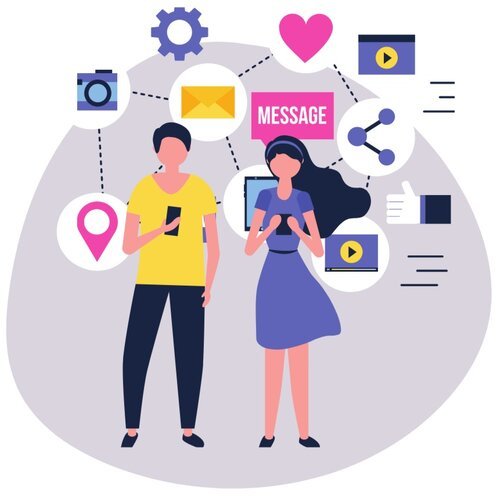The Generation Z: young people born around the turn of the millennium. As the youngest member of MondayCoffee AG, I am also part of it.
Just in time for the Corona crisis, I finished my studies without a graduation ceremony after endless online lectures. My working life starts in a world that has changed enormously within a few months. During my studies, for example, I learned in internships and also as a working student what topics to talk about at the lunch table in the cafeteria or how to dress in the office.
From one moment to the next, everything changed. Which pants to wear to the home office or in which corner of the Munich apartment to have lunch this time without talking about planned and past vacations suddenly seemed completely irrelevant. The succession of lockdowns, messed-up gap years and postponed trips to Australia left Generation Z with a lot of time to think about what's really important to us in the context of work.
Leonie Bachmaier, Business Consultant & Produkt Management at MondayCoffee about companies that would profit a lot by getting adjusted to the hybrid office.
1. THE HYBRID WORK MODEL COULD BECOME A SELECTION CRITERION
Since starting my career, I have worked flexibly in terms of location and time. My work-life balance is intact. My motivation at work is high. My performance, as confirmed by my superiors, is satisfactory. It's important to me to have a job in the future where a flexible work model is possible - and that probably applies to some of my generation peers as well. Companies do well to adapt to the hybrid in the long term.
2. LEADERSHIP IS PUT TO THE TEST EVEN MORE IN THE HYBRID
The enthusiasm to enter the workforce was strong in my case. Even with Corona. But it was also coupled with some uncertainty and perhaps a lack of direction. What happens on my first day at work? I turn on my laptop, and then what? What do I do when I'm stuck? Call my boss because of a simple question? I didn't know many of my colleagues yet. The conversations at the coffee counter didn't exist. The fast start to working life had its pitfalls - but the central question is, how do you manage the GenZ in general in the hybrid?
My takeaway since I started: In addition to the manager, who has to find a balance between freedom and structure, mentors play a very important role. You can ask them any questions, reflect on situations with them, and once again mirror your own further development in a different way.
3. SOCIAL MEDIA AS A CENTRAL RECRUITING CHANNEL
How do you reach GenZ talent? Clearly through social media. I, too, found my position as a working student at MondayCoffee via a job alert in LinkedIn. I was able to apply in just a few clicks - from my smartphone. Then a video call followed.
You'll have the most success recruiting Zs if the application can easily happen digitally, right where you usually spend a lot of time. Long questionnaires or cover letters are not for us. We focus on real-time interaction.







